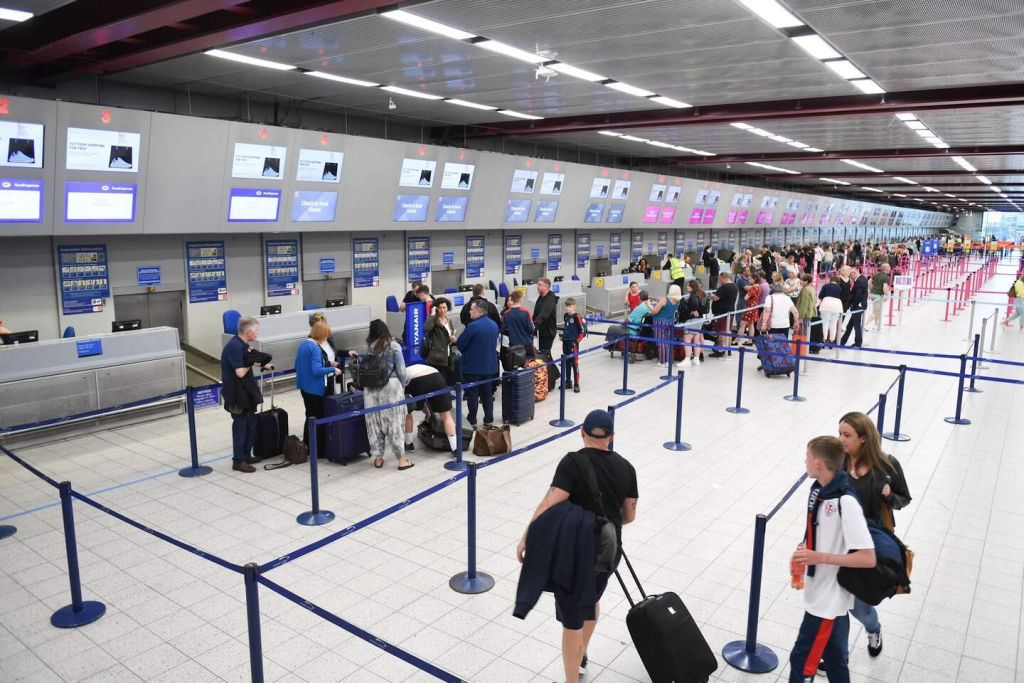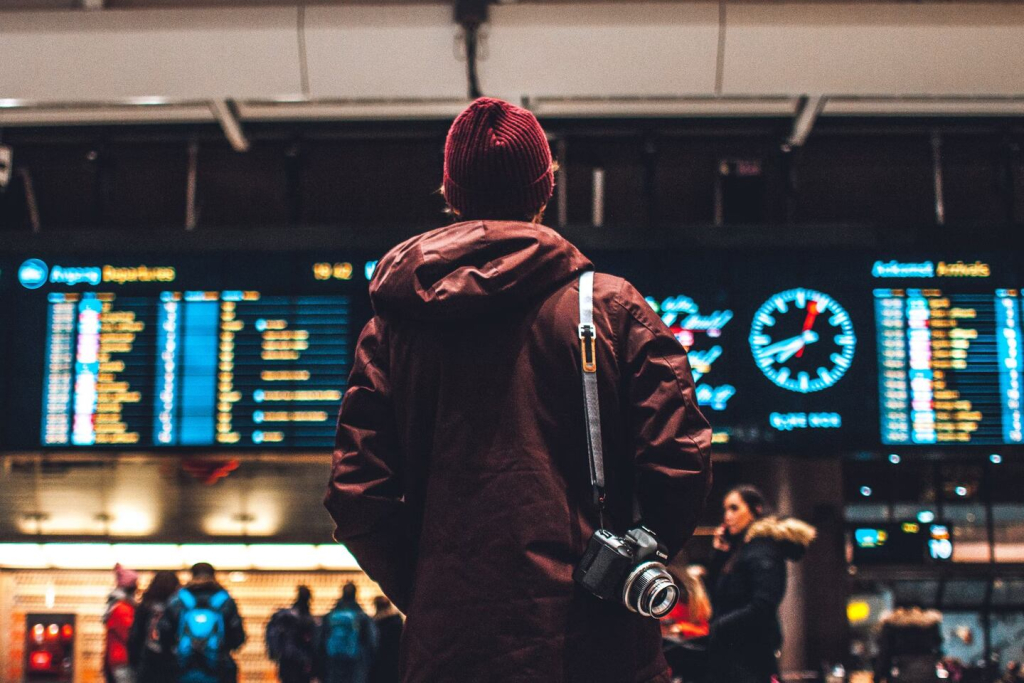
Filipino Diaspora: The Global Phenomenon
The Filipino diaspora is a global phenomenon that has shaped the lives of millions of Filipinos around the world. Understanding its history is crucial in appreciating the challenges and triumphs faced by Filipino migrants, as well as the support systems that have emerged to assist them. With significant populations in Middle Eastern, Western and Asian countries, the Filipino community has become a vibrant and dynamic part of the global diaspora. This article consist of information about this relevant topic about Filipino migrants.
Understanding The History of Filipino Migration
According to most research, the history of Filipino migration can be traced back to the past centuries when the Philippines was colonized by Spain and later became a territory of the United States, according to historians. These historical events played a significant role in the migration patterns and perspective of Filipinos.
Majority of those who left their homeland were recruited as laborers for plantations and construction projects in Hawaii and California, which led to the establishment of some of the largest Filipino communities in these areas.
According to research, in recent years, Filipino migration has expanded to other countries, including Singapore, Australia, Canada, Italy, Japan, Malaysia, and Qatar. The reasons for migration vary but often include seeking better economic opportunities, escaping political instability, or joining family members who have already settled abroad. The Philippine government has actively promoted overseas employment to address unemployment and poverty through remittances in the home country.
Significant Filipino Populations in Different Countries
The Filipino diaspora has resulted in significant populations of Filipinos in various parts of the world. In the United States, cities like San Francisco have a long-standing Filipino presence, with vibrant communities and cultural institutions.
Australia is another country with a sizable Filipino population, particularly in cities like Sydney and Melbourne. The strong sense of community among Filipinos in Australia is clear through various cultural events and organizations. Similarly, Canada has seen a steady increase in the number of Filipino immigrants, contributing to the country’s multicultural fabric.
Challenges and Triumphs of Filipino Migrants
The journey of Filipino migrants is not without its challenges. Language barriers, cultural differences, and discrimination can pose significant obstacles to integration and social acceptance.
Many stories shared by Filipino migrants who faced difficulties in finding suitable employment that matches their skills and qualifications. They often have to take on low-paying jobs or work in industries where exploitation is prevalent. Mental stress is caused by such challenges.
However, despite these challenges, Filipino migrants have also achieved remarkable triumphs due to the resilient nature of workers from the Philippines, in whatever state or country they are in. Through hard work and perseverance, they have been able to establish successful businesses, pursue higher education, and contribute to the economies of their host countries.
Their resilience and determination serve as an inspiration to future generations of Filipinos. These migrants are considered unsung heroes in the Philippines.
Support Systems for Filipino Migrants
Source: https://owwa.gov.ph/?page_id=1435
The Philippine government has played a significant role in supporting the Filipino diaspora. Recognizing the potential of overseas Filipinos to contribute to the development of the country, the government has implemented various programs and initiatives to assist migrants and their families.
One of the key programs is the Overseas Workers Welfare Administration (OWWA), which provides welfare services, financial help, and livelihood programs for migrant workers and their dependents. Through the OWWA, the government aims to ensure the well-being and protection from abuse of Filipino workers abroad, now estimated at millions.
In host countries, Filipino community organizations play a crucial role in providing support and a sense of belonging. These organizations offer services such as language classes, job placement help, and cultural events that promote Filipino heritage. They create spaces where Filipinos can come together, share their experiences, and support one another.
The Philippine government has established diplomatic ties with host countries to promote the rights and welfare of Filipino migrants. Bilateral agreements and Memoranda of Understanding (MOUs) have been signed to protect the rights of Filipino workers, ensure fair employment practices, and facilitate the repatriation of distressed overseas Filipinos.
These diplomatic efforts reflect the government’s commitment to safeguarding the welfare of its citizens abroad, even those who have intermarried, and maintaining strong relationships with host countries.
Education and Skills Development Opportunities for Filipino Migrants
Education and skills development are crucial factors in enhancing the opportunities available to Filipino migrants, we well as their chance and conditions abroad. The Philippine government, in collaboration with various organizations, has implemented programs that aim to provide quality education and training for overseas Filipinos.
One notable initiative is the Balik Scientist Program, which encourages Filipino scientists and researchers working abroad to return to the Philippines and contribute to the nation’s scientific and technological advancement. Through this program, the government aims to harness the expertise of Filipino professionals overseas and promote knowledge exchange.
The Commission on Higher Education (CHED) offers scholarships and grants to Filipino students who aspire to pursue higher education abroad. These scholarships provide financial help to deserving students, enabling them to access quality education and develop their skills in various fields. By investing in the education and skills development of Filipino migrants, the government recognizes the potential of these individuals to contribute to the growth and development of the nation.
Filipino Pride on the World Stage
The Filipino community has established a strong presence in different countries, creating spaces where Filipino culture and traditions can thrive. For instance, Lucky Plaza Mall in Singapore and the Historic Filipinotown in Los Angeles, California, serve as hubs for Filipino businesses, events, and gatherings. These places not only provide a sense of home for Filipinos living abroad but also promote cultural exchange and foster a deeper understanding of Filipino heritage among different nationalities.
The Future of the Filipino Diaspora

As the Filipino diaspora continues to evolve, the narrative of the future holds both opportunities and challenges for overseas Filipinos. The changing dynamics of migration patterns and the diversification of host countries pose new possibilities for Filipinos seeking better lives abroad. Advancements in technology and communication have made it easier for overseas Filipinos to stay connected with their families and communities based in the Philippines.
However, it is important to address the challenges faced by overseas Filipinos, such as issues of labor exploitation, discrimination, and cultural assimilation. The Philippine government, in partnership with host countries, should continue to advocate for the rights and welfare of Filipino migrants, ensuring that they are protected from exploitation and given equal opportunities to thrive in their host countries.
Conclusion
The Filipino diaspora is a testament to the resilience, adaptability, and pride of the Filipino people. From the historical migration patterns to the challenges and triumphs faced by Filipino migrants, the global Filipino community has embraced diversity and made significant contributions to their host countries. Through the support systems offered and provided by the Philippine government and community organizations, Filipino migrants have found the strength to overcome obstacles and thrive in their new homes.
As the world continues to become more interconnected, the Filipino diaspora will undoubtedly play an even more significant role in shaping the global landscape. It is essential to continue fostering understanding, inclusivity, and support for the Filipino community, celebrating their rich culture and heritage wherever they may be.

Celebrate Life’s Milestones in Camella!
Make unforgettable memories in a Camella home.
Our communities are designed to elevate your living experience.

